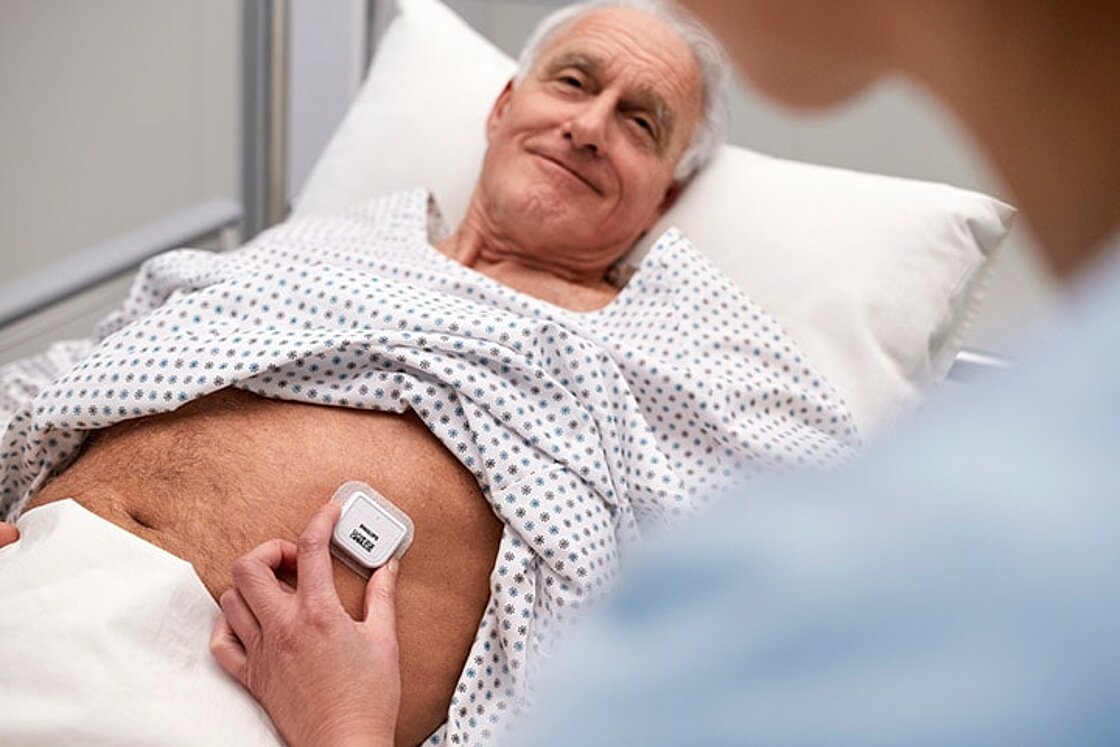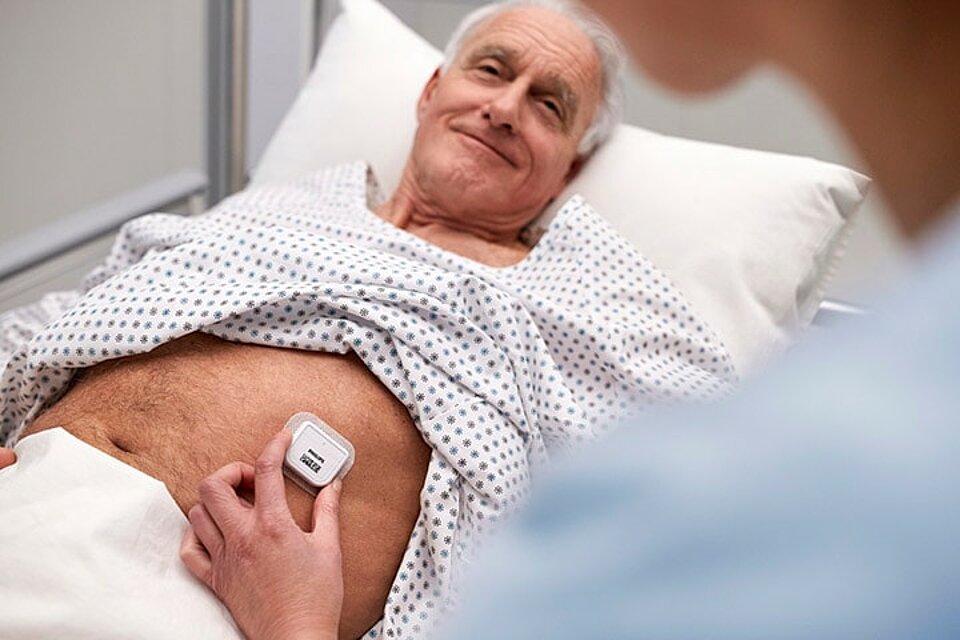"With e/MTIC, we have the perfect partnership to shape the digital transformation of healthcare."
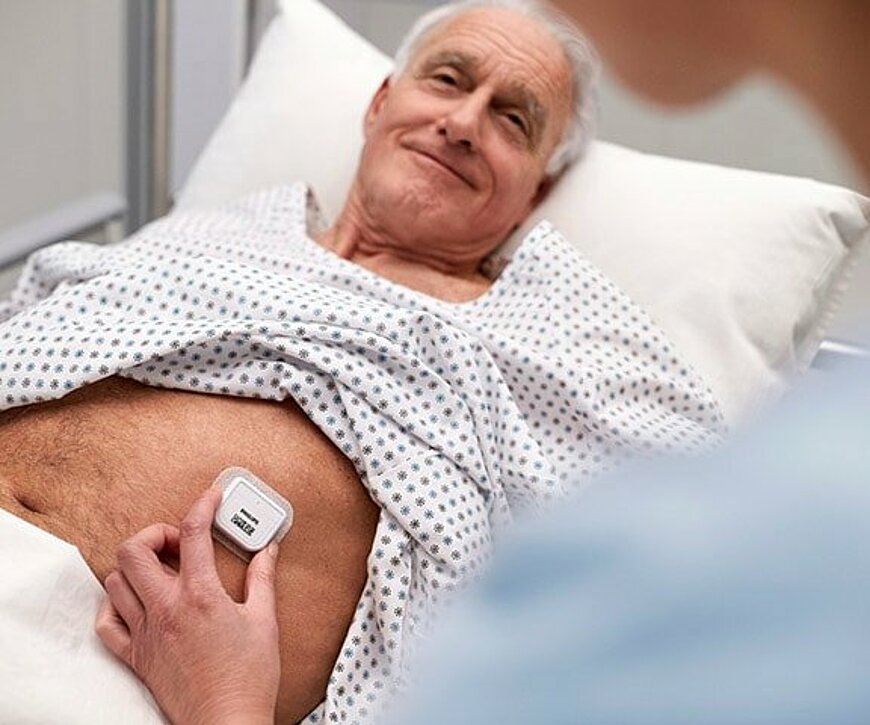
In order to innovate, you need creativity and expertise. But to make an impact in the longer term, innovation is mainly a matter of very good planning.
"To the outside world, innovations seem to move quickly. That is true, but new products are of course not developed overnight. A product introduction may sometimes hide ten years of preparation."
As a member of the supervisory board of e/MTIC and Innovation Program Manager Connected Care at Philips Research, Franklin Schuling is responsible for the multi-year planning of innovations in Connected Care solutions. He has a very clear picture of what the future of innovation in healthcare looks like: in partnerships, with open data.
Collaboration
In his career, Franklin has worked in many different departments of Philips; for example, in the 1990s he was involved in the development of X-ray systems in Best. Later he headed Philips Research in the US for several years.
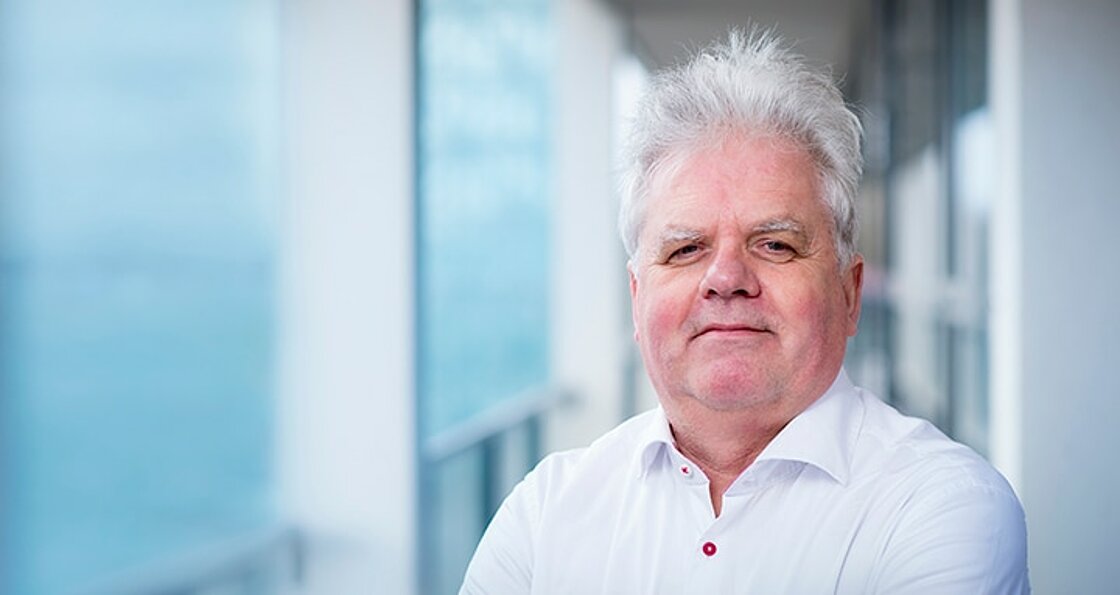
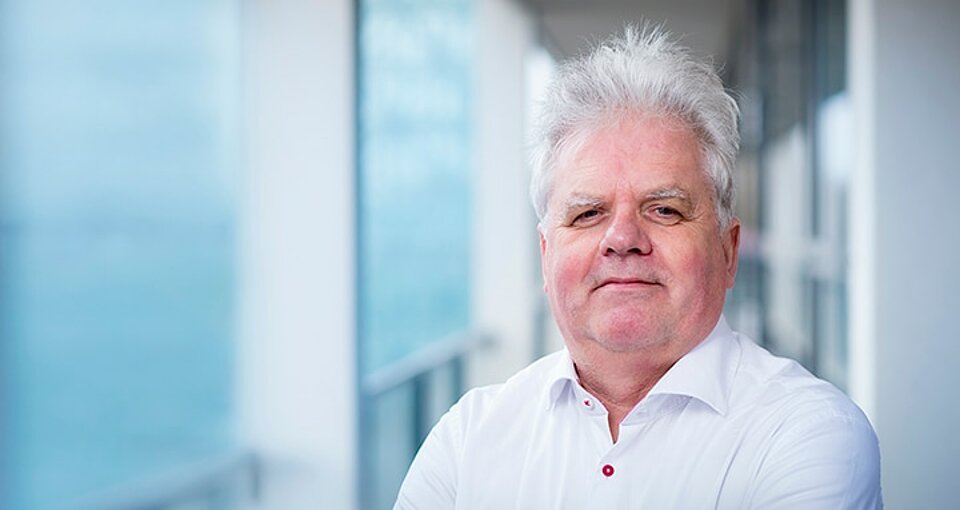
An important moment in his career came shortly after the turn of the century. "At that time, we were increasingly specializing in health technology. In research it is very important to work closely with clinical practice. What struck me at the time was that we had to set up the collaboration again for each research project, and make new agreements about conditions and rates, among other things."
If Philips wanted to grow in health technology, it would become increasingly important to structure cooperation with hospitals in a more structured way, Franklin argued. "I spoke to my colleague Ton Flaman about this, who had the same experience with the collaboration with TU/e in the field of joint PhD projects."
The birth of e / MTIC
The joint experience eventually led to the birth of e/MTIC, a structural collaboration between Philips, TU/e and three top clinical care organizations in the region - Máxima Medical Center, Catharina Hospital and Kempenhaeghe.
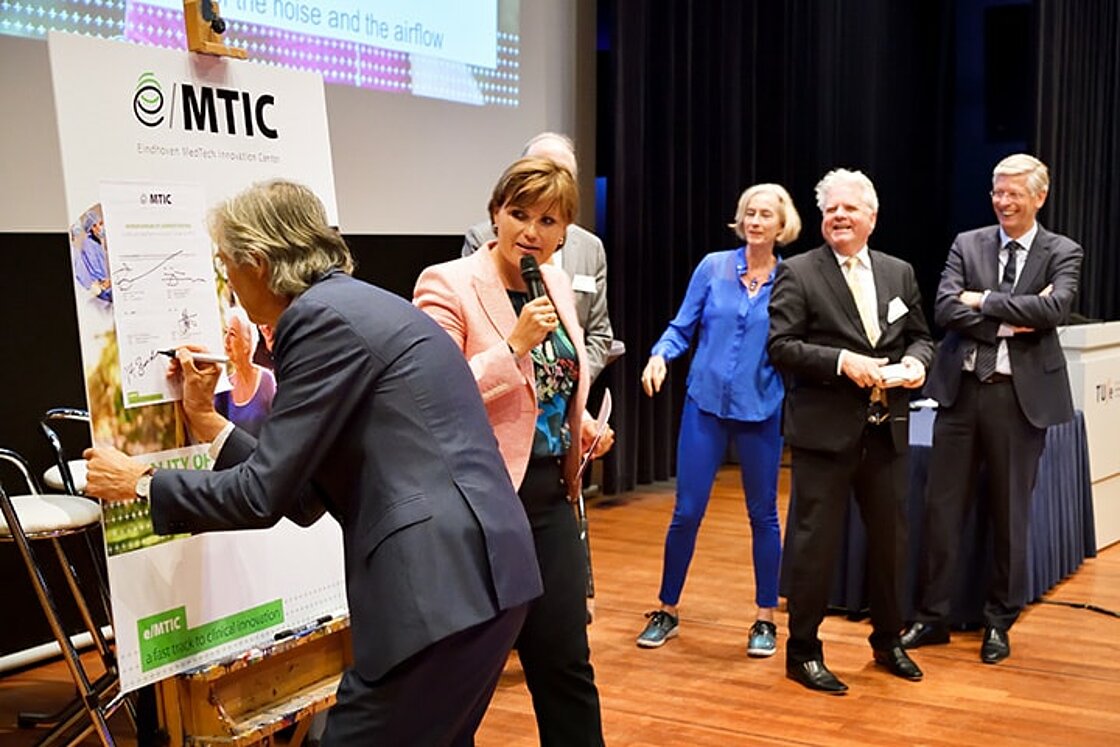
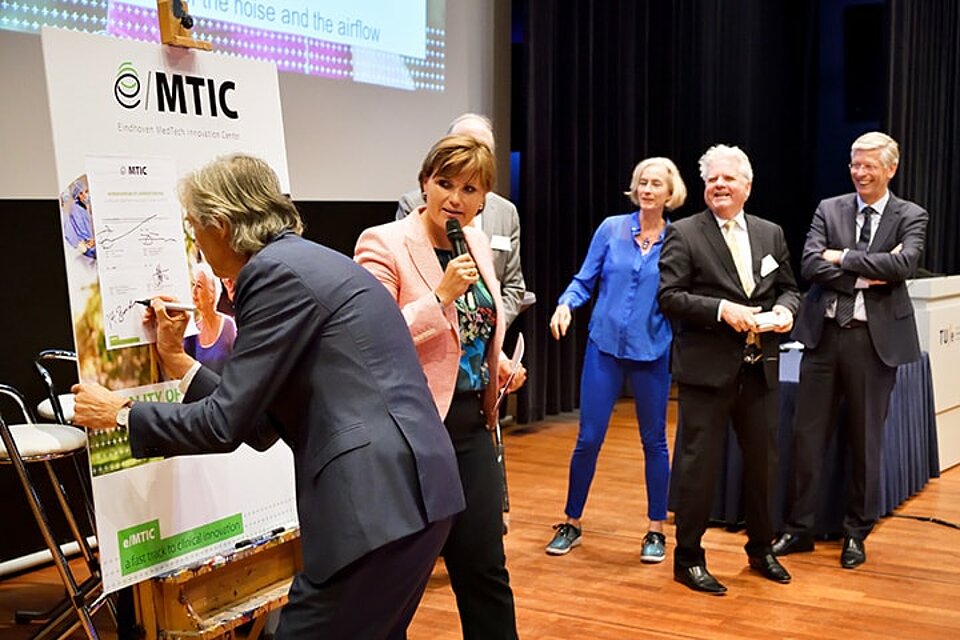
The collaboration has a major impact on the way in which Philips researches new technologies. “That is almost impossible to underestimate,” says Franklin. "The medical world is complex. When you develop a new technology, you always have to do it based on the demand in clinical practice. That may sound obvious, but it is in fact quite complicated. You first have to look for what we call a burning platform; what is a problem that a particular doctor, the nursing staff, a department or the manager of the hospital has to deal with? That is when you start to look at how you can solve it in an innovative way. This can be done much better if you structurally collaborate with hospitals and universities.
When you develop a new technology, you always have to do it based on the demand in clinical practice. That may sound obvious, but it is quite complicated.
Franklin Schuling Innovation Program Manager
MIT
Not only has he done this very same exercise in the Brainport region, but also in the US: "From the research hub in Cambridge, we have set up an ecosystem with a number of hospitals and universities in the Boston metropolitan region. We wanted to jointly provide access to research talent and clinical experts."
Whether it's Cambridge, Massachusetts, or Eindhoven Brainport, the benefits of collaboration between hospitals, universities and a medical technology company are the same everywhere, argues Franklin. "We brought in top PhD candidates who were really drawn to that partnership. Research has been done into innovations that would not have been possible without e/MTIC. The Healthdot, for example, a wearable sensor for patients at home, has been developed in close collaboration with the Catharina Hospital. Together with us, they did the validation with a group of 350 patients."
Dataset of 1,300 insomnia patients
"With Kempenhaeghe, the center for sleep medicine, we have built a dataset of 1,300 insomnia patients in the field of polisomnography - or sleep pattern. This dataset helps us enormously in improving the diagnostics and effectiveness of our sleep products."


In the future, it will become more important to also make data available to external parties, according to Franklin: "If anything, e/MTIC has taught us that a structural partnership gives all involved parties an advantage. You make agreements about the collaboration once, put your shoulders to the wheel and everyone benefits from it. That blueprint can also be used to open up data."
If anything, e/MTIC has taught us that a structural partnership gives all involved parties an advantage. You make agreements about the collaboration once, put your shoulders to the wheel and everyone benefits from it. That blueprint can also be used to open up data.
Franklin Schuling Innovation Program Manager
"For research, data is more important than ever these days, and it is only going to increase. A partnership like e/MTIC, in which a university, health technology company and hospitals work together, is a very logical organization to collect so-called data and make it available."
As a member of the supervisory board, Franklin is on a mission to fulfill this ambition with e/MTIC. "I really believe that we can make a positive impact on the future of innovation in health technology."
Oncology and Primary Care
Are there even more possibilities to make a bigger impact with e/MTIC? "On many fronts ee have done a good job, especially in the field of cardiology. But there still is a lot of potential to grow, for example by focusing more on other topics, such as oncology and primary care."
"Nowadays, healthcare is rapidly digitizing. I believe that with e/MTIC we can make an important contribution to this transition, which can partly take the pressure off healthcare."
Nowadays, healthcare is rapidly digitizing. I believe that with e/MTIC we can make an important contribution to this transition, which can partly take the pressure off healthcare.
Franklin Schuling Innovation Program Manager
That too is a matter of looking years ahead; "The hospital of the future, call it Hospital 4.0, is largely digital. With e/MTIC we have the perfect platform to help shape this digital transformation."
